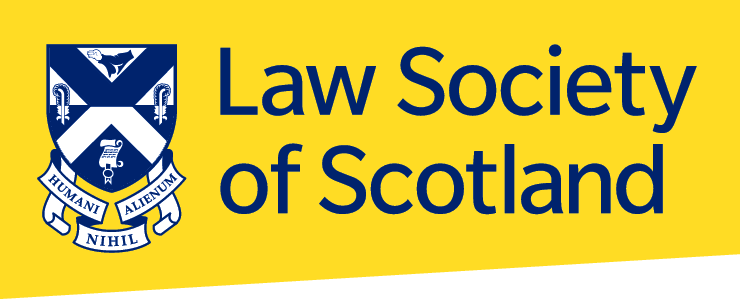Employment tribunal hearings are where you meet to discuss your employment tribunal claims or problems.
When you arrive at the hearing you will be checked in and shown to the appropriate waiting room. Employers and employees will be in different rooms. If you have a representative, they will have done all the preparation work and act as your representative at the case but you normally will have to speak for yourself at the hearing.
While you are waiting for the hearing, your employer's representative may try to make a last minute settlement with you. Your representative will take control of this for you. These are fairly common and you can still settle before the hearing. If you don't have a representative you may find it difficult to make the right decision. Therefore, it might be sensible to have a think about a last minute settlement you would be happy with before you go to the hearing so you are prepared for the event should it occur. Don't feel intimidated into anything you don't agree with or are unsure about as they may try to pressure you into agreeing something you don't want to do. If you do agree on a last minute settlement you will be able to record the terms of the settlement with the employment tribunal hearings, this way, you will be able to make sure you get the settlement.
The hearing may be dealt with by a judge sitting alone or a panel of 3 people: the judge, one person for the employer's organisations and one for the employee's. In some cases, it may just be the judge. It will be almost like an informal court room however; evidence is still taken under oath. The judge will decide who goes first and this is usually dependant on what type of claim it is, sometimes each side may be asked for a brief introduction to the claim but this is rarely the case.
If statements have been agreed and exchanged in advance you may be asked to read your statement and then be asked questions about what you have said. Try to stay calm and collective throughout this process as it can be intimidating when the defence are trying to find flaws in your statement and prove you don't have an employment law case. Then the employer will have their turn. Then the judge or panel may have questions.
When all the statements and questions have been heard, you will be given the opportunity to make a closing submission, this will basically sum up what you have already discussed earlier in the employment tribunal hearings.
The judge will let you know what will happen next, you may find out then the outcome of your case but in more complicated cases this may take some time to reach a verdict. It is possible that the employer may appeal against the decision, if this happens, it could take a long time to sort out.
The employee will only be able to appeal if there was some legal defect with the hearing of the case. You cannot usually appeal just because you are unhappy with the decision made by the court.
Falconers Law can guide you through and help win your case as we have many years' experience in employment law issues.

